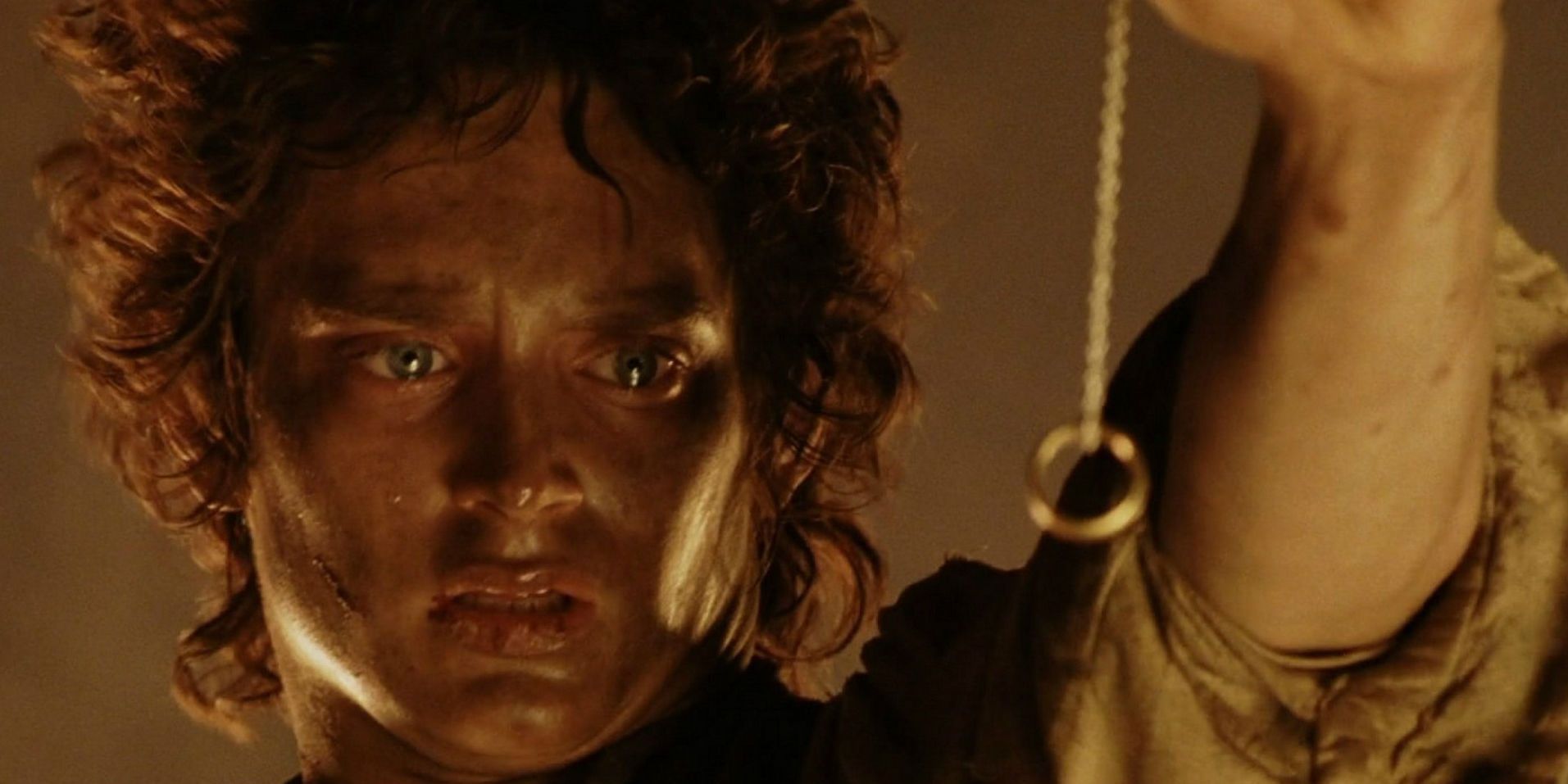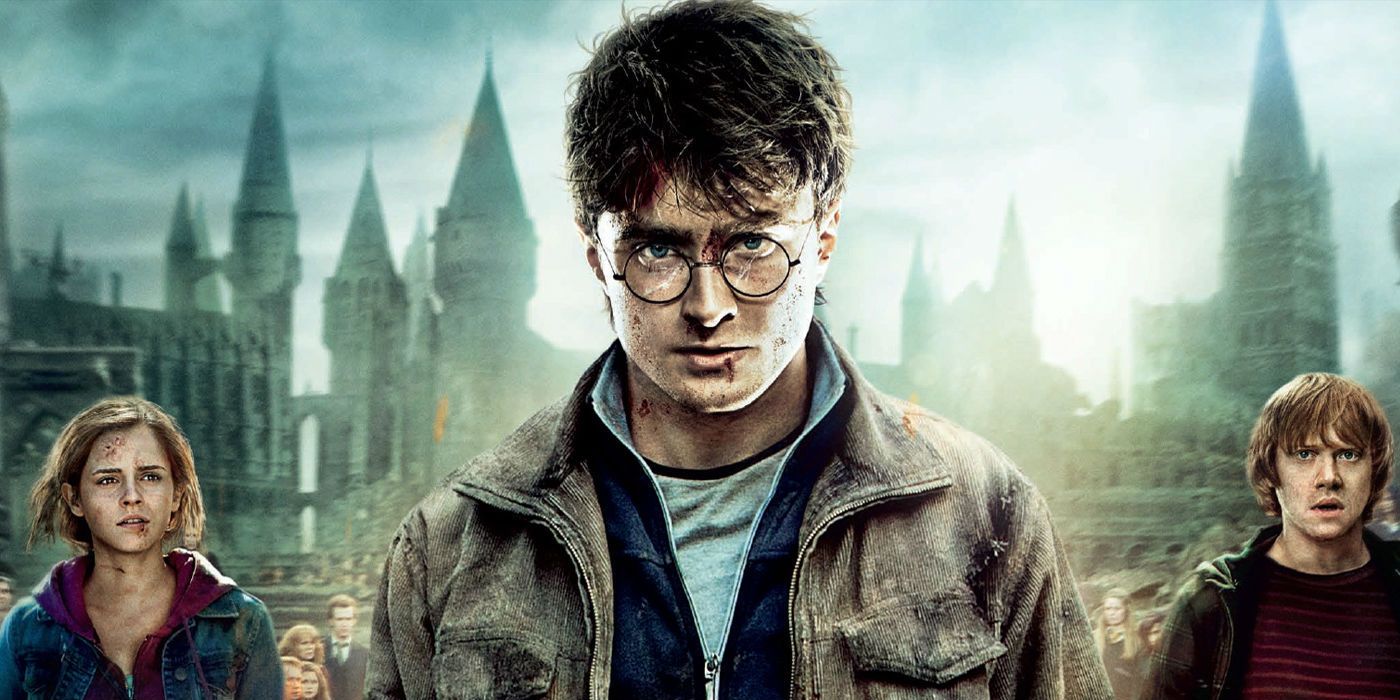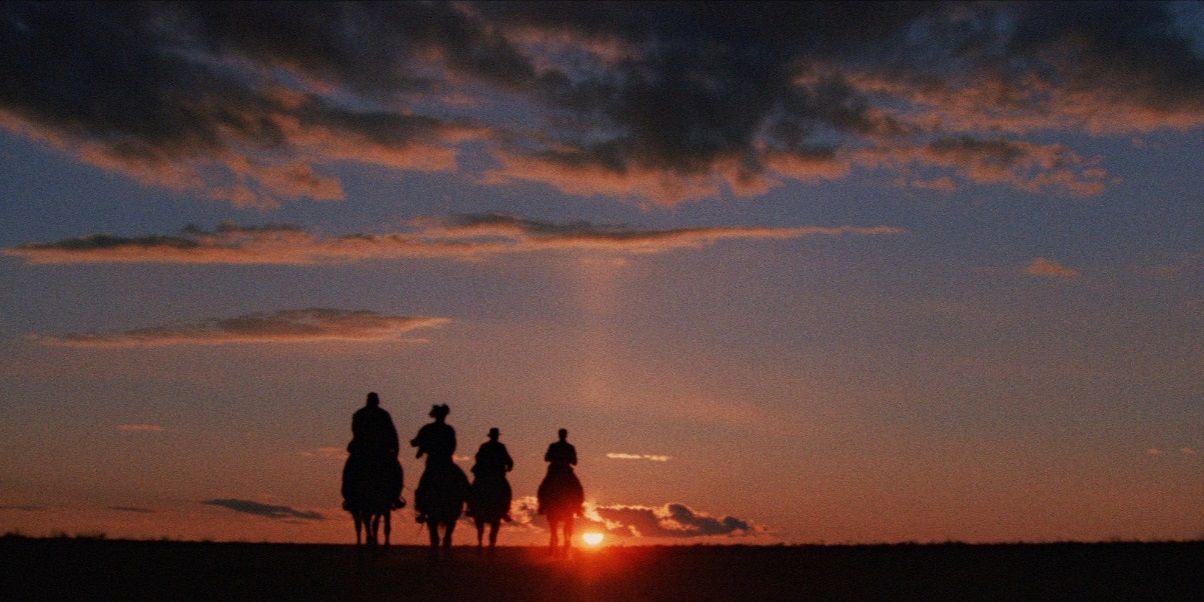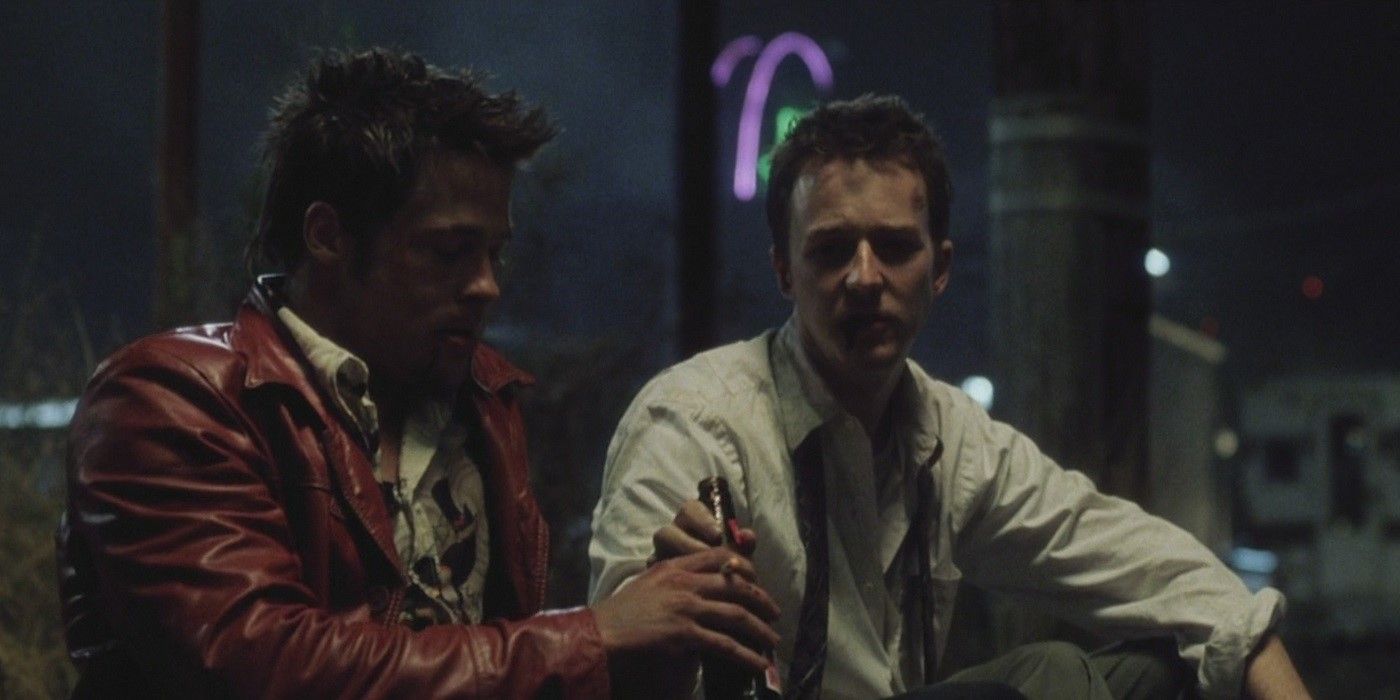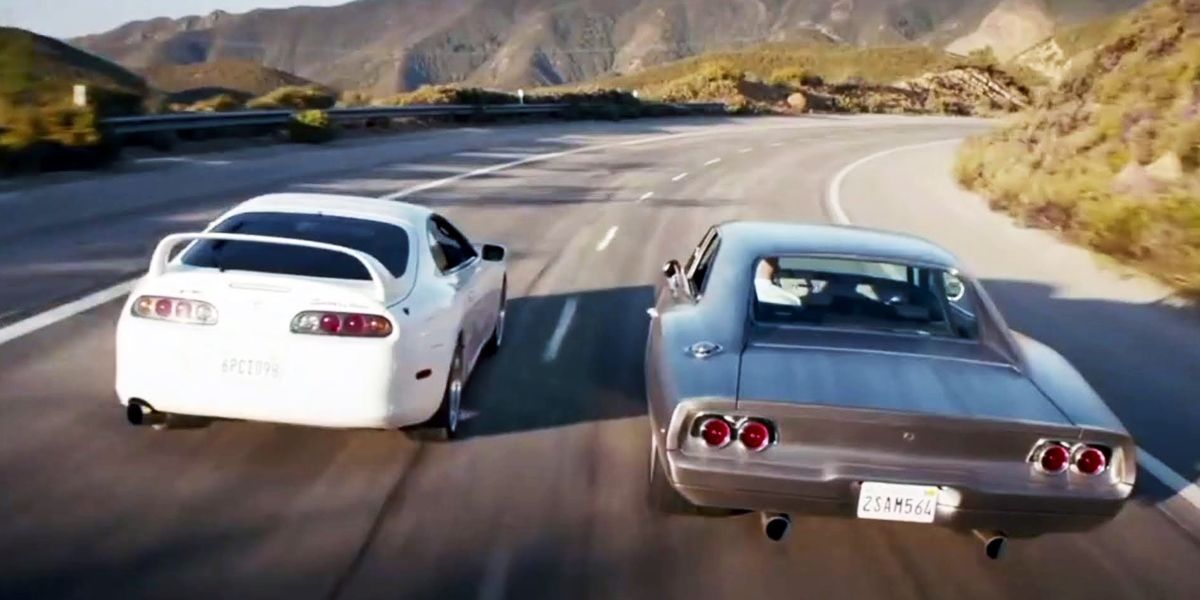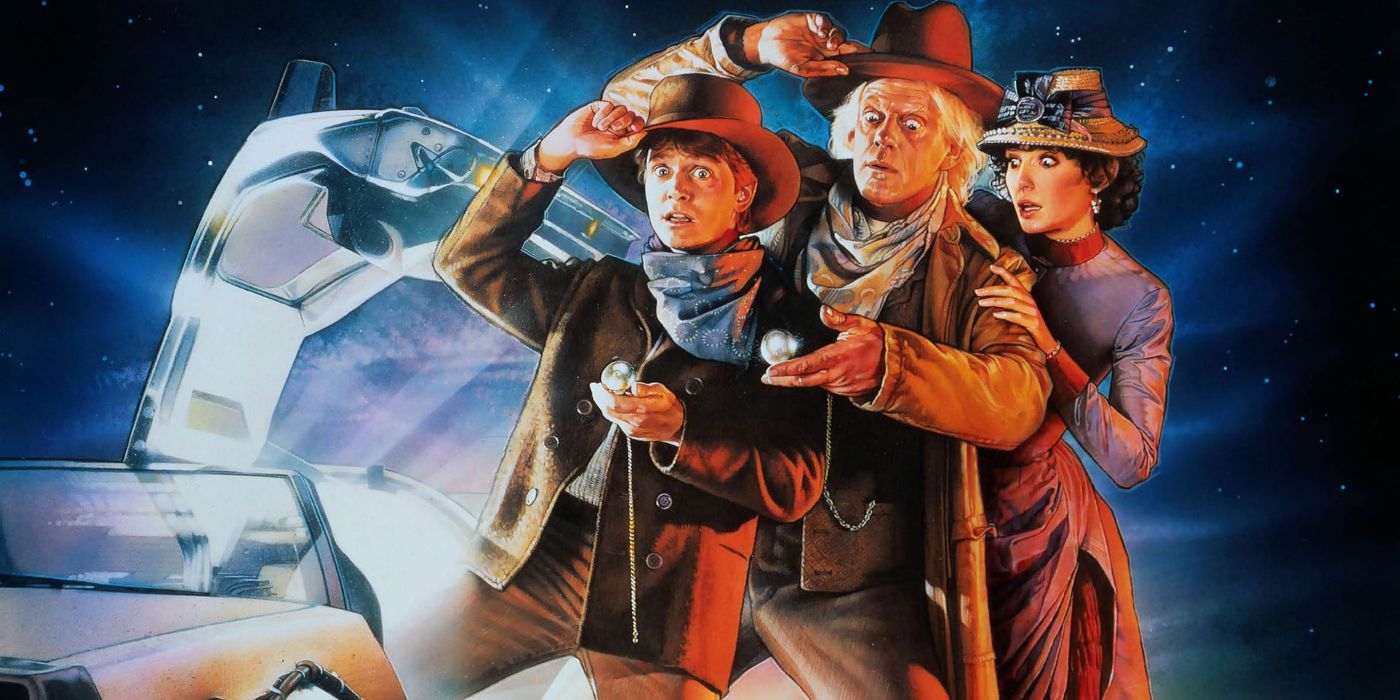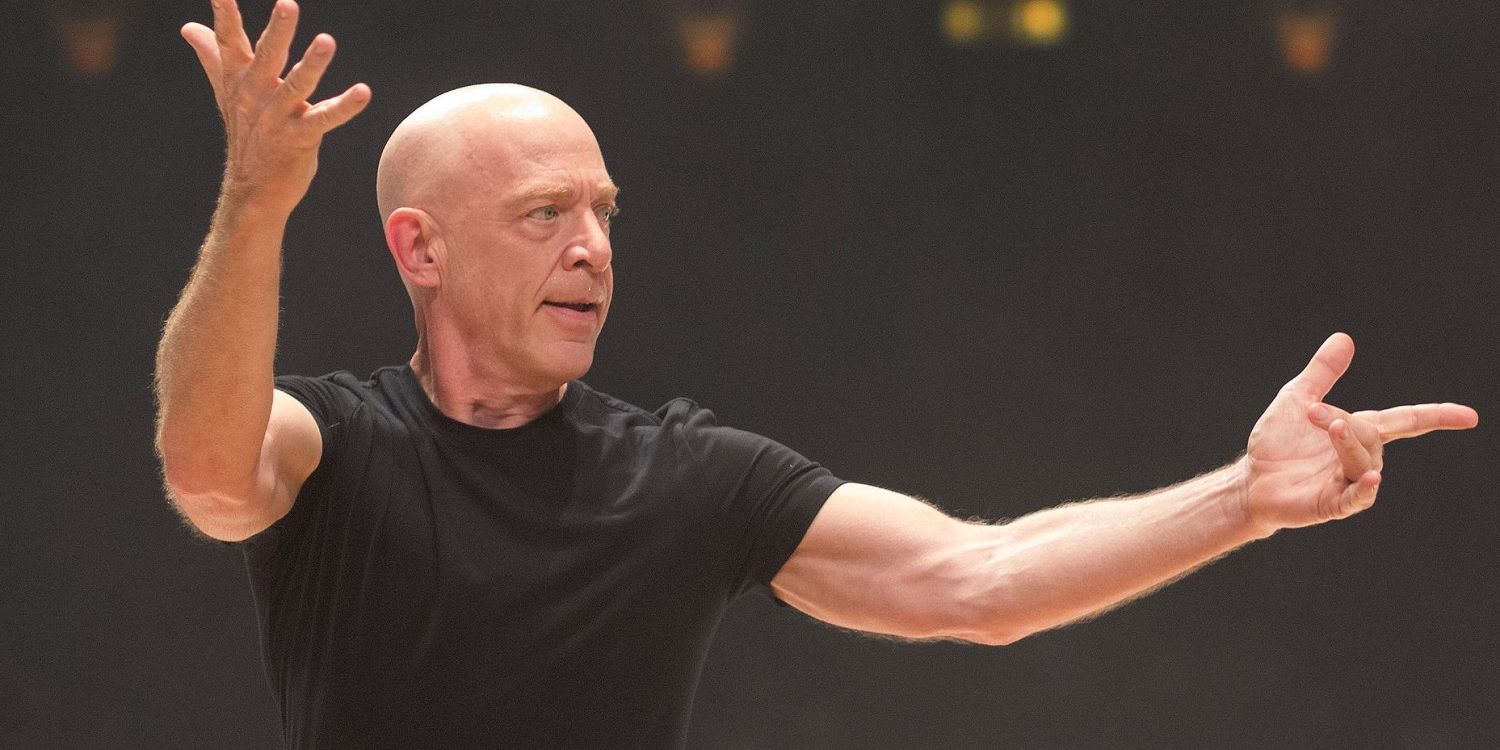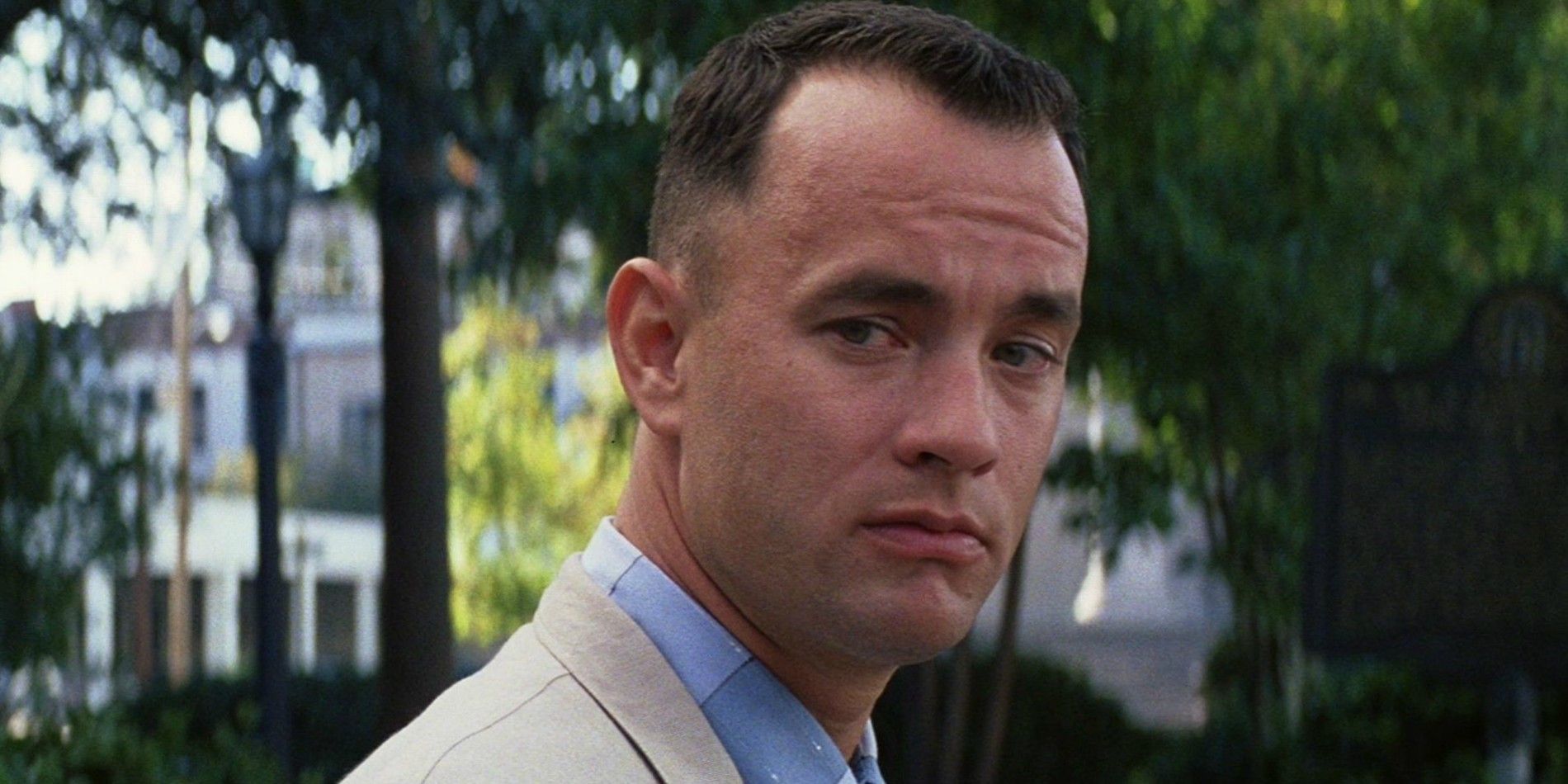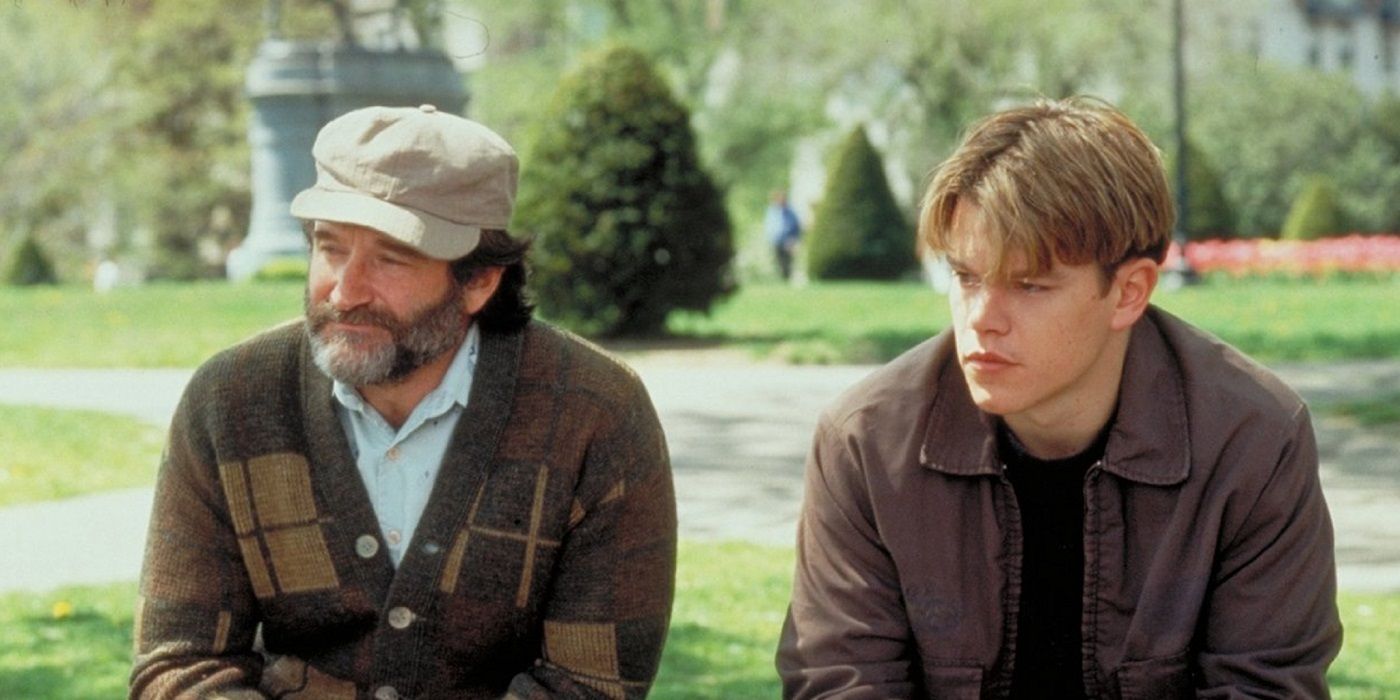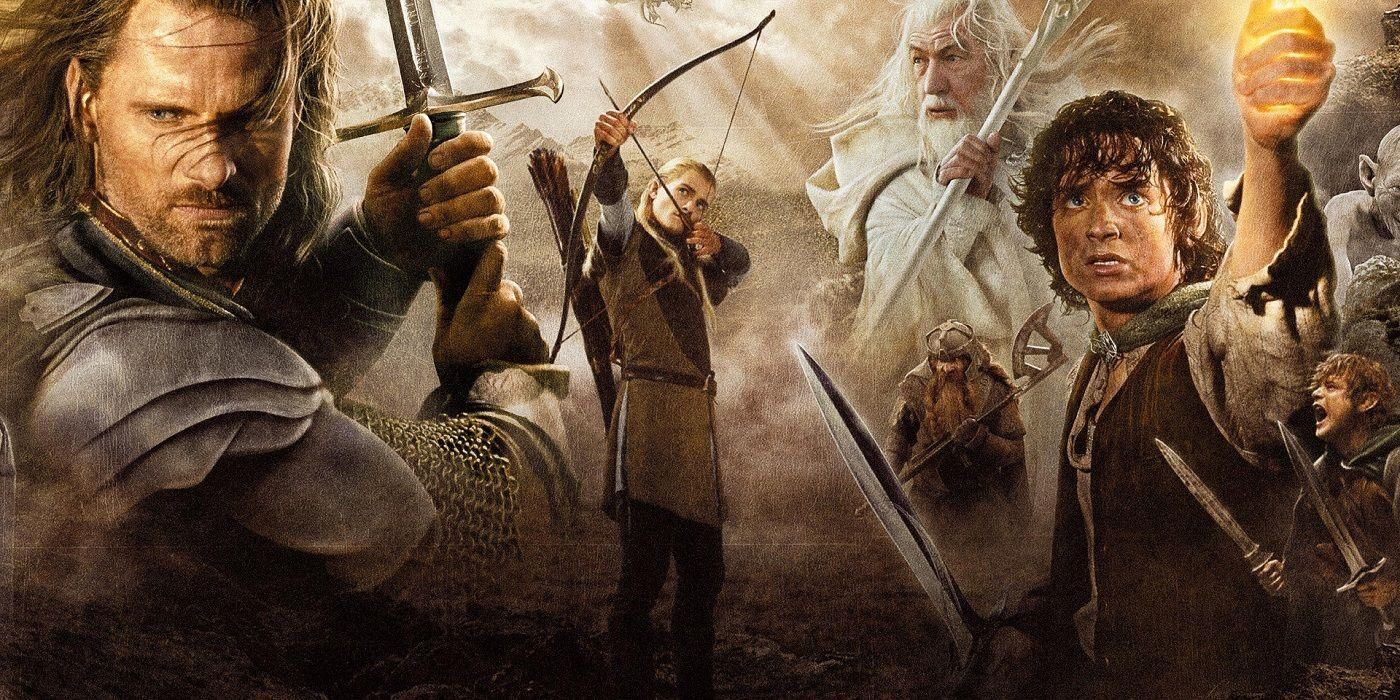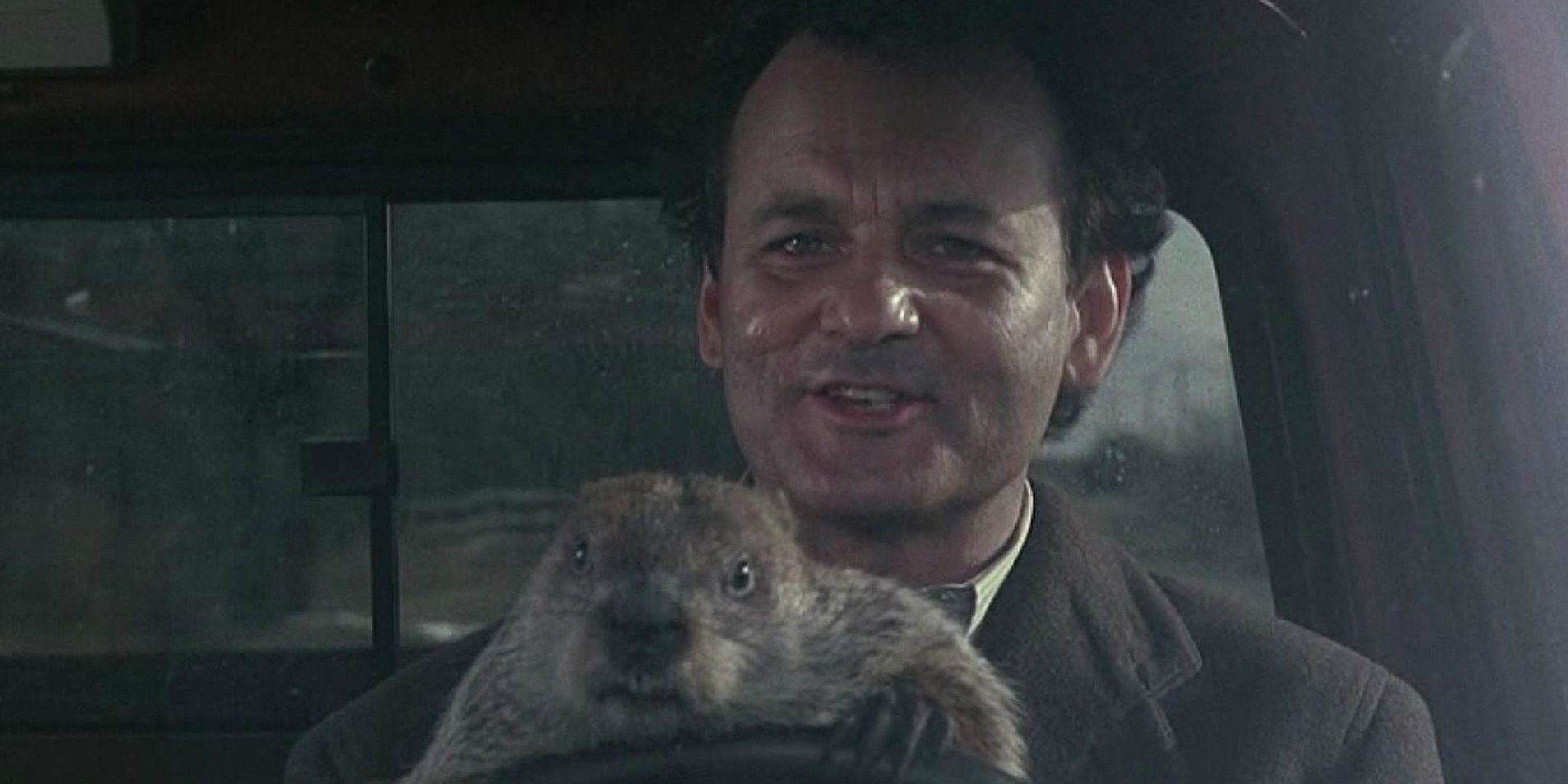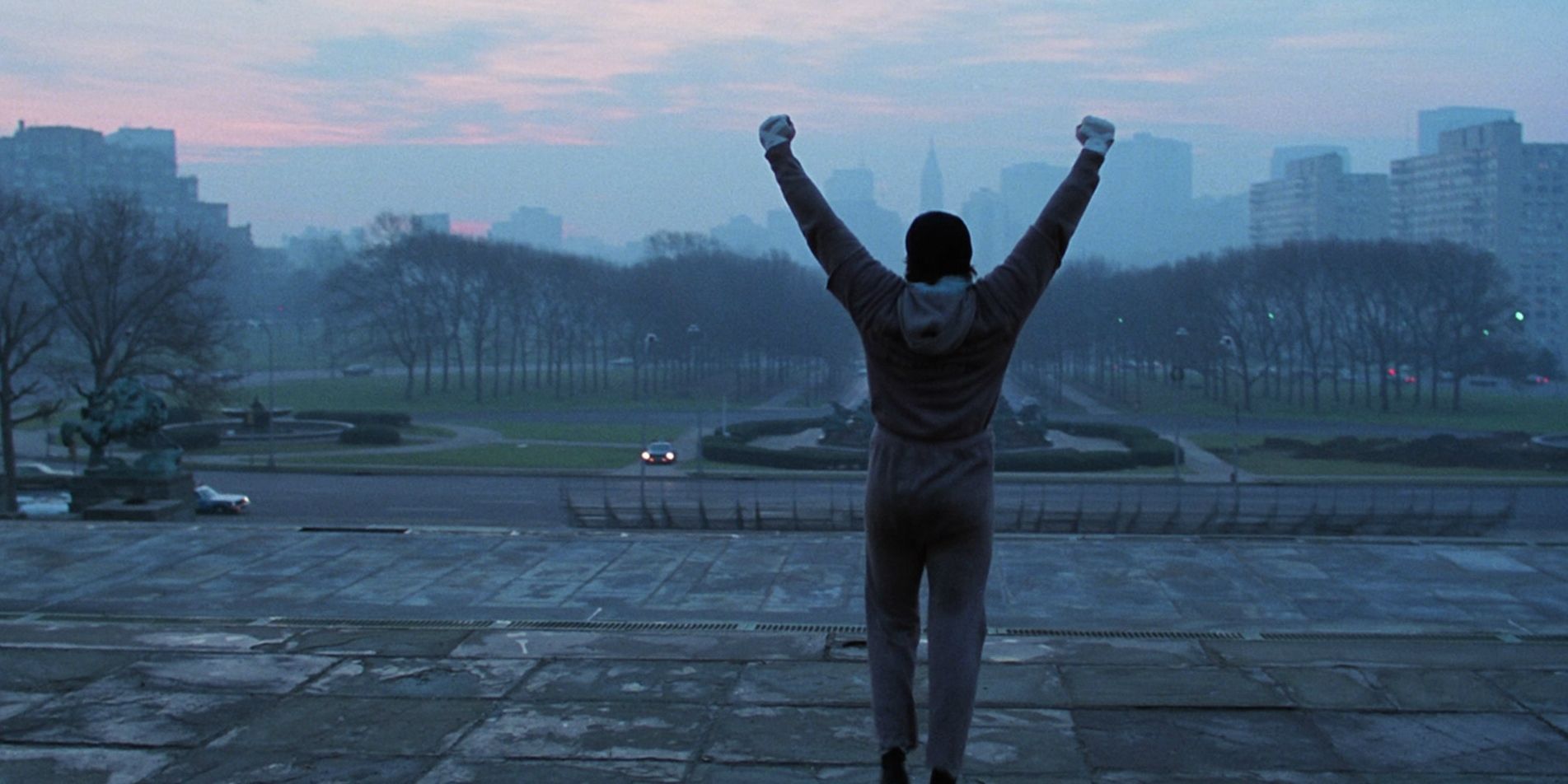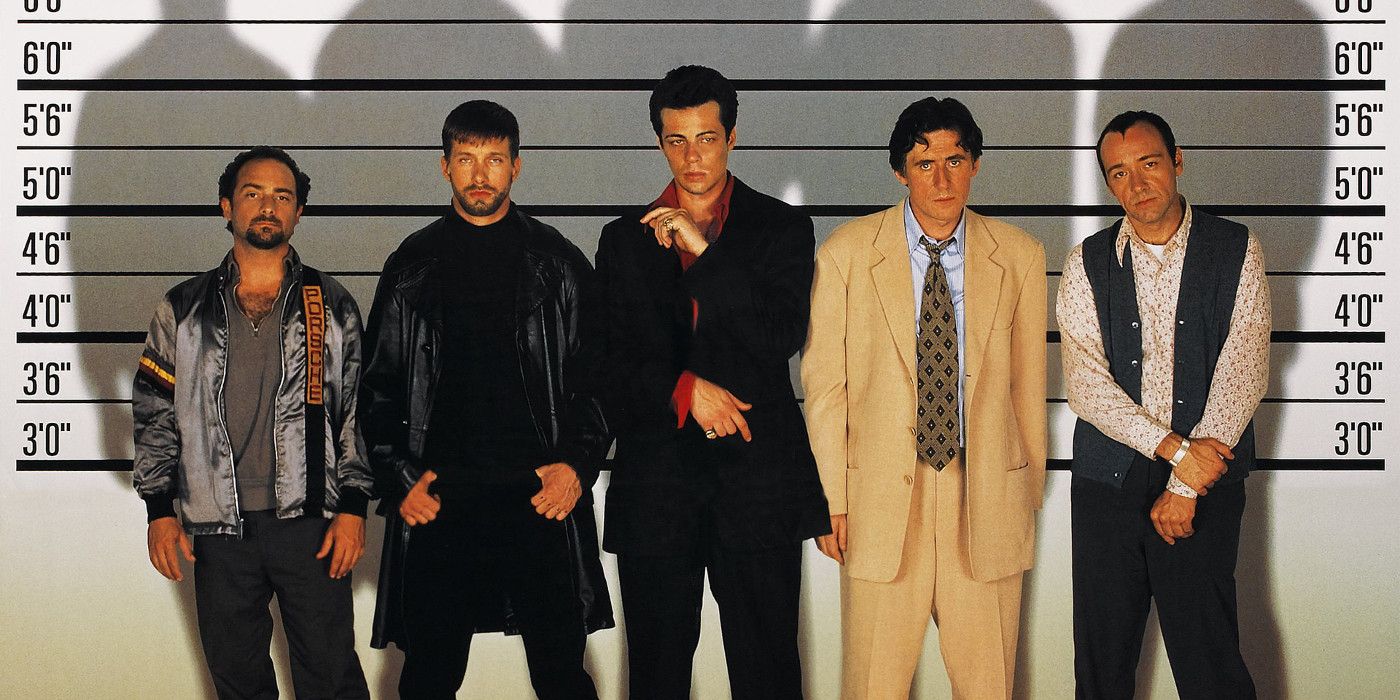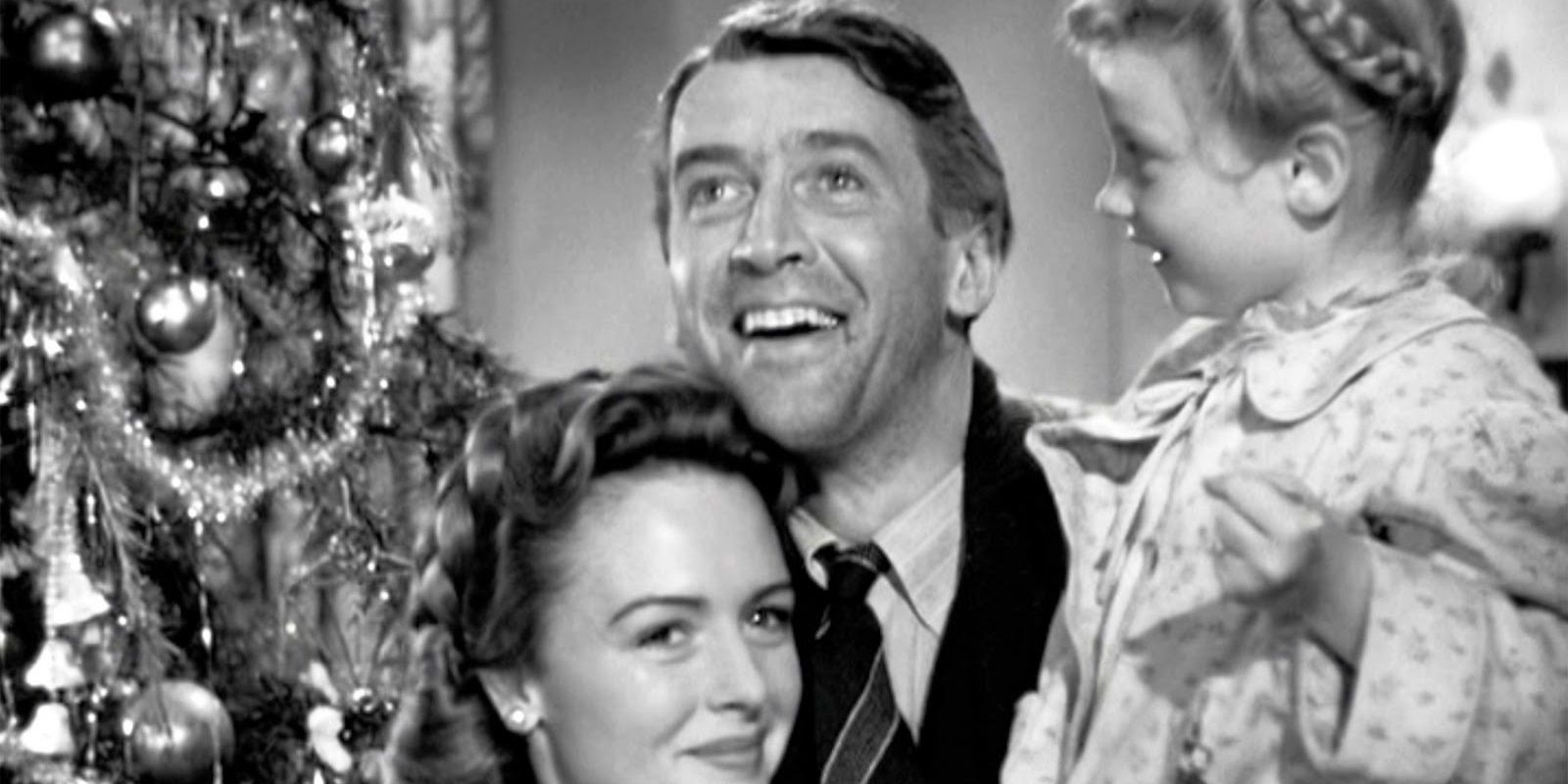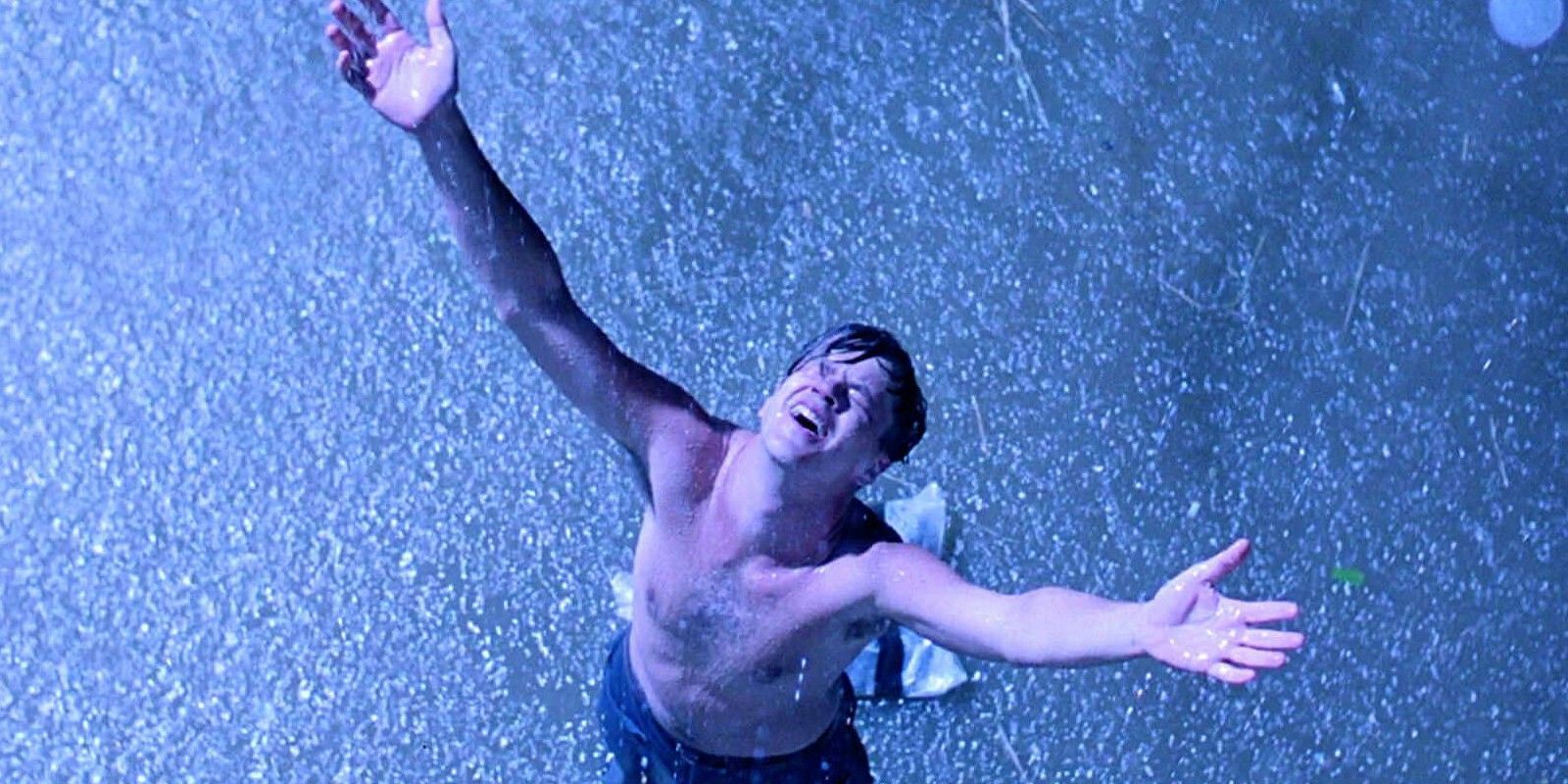Thanks to Hollywood's love of big franchises, sequels and the ongoing influence of Marvel's Cinematic Universe, self-contained stories with definitive endings are something of a rarity these days. There's no mileage in killing off your characters and completely closing the book when you've got sequels for it already in production.
It's a shame, as a good and satisfying ending can be the icing on the cake. It's the final chance to leave the audience with a lasting impression of the whole film and reflect on what's come before. A quick note - when we talk satisfying, we're not exclusively talking about ones with a feel-good factor, although they definitely have their place. We're talking about the ones that perfectly encapsulated the movie's messages and themes with their parting shots - the ones that you didn't want or need to see what happened beyond the credits (in a good way). Having said that, some of the movies mentioned on this list do have sequels, but they wrapped up all that's come before in such a way that they earned a mention.
As the nature of the list is so subjective, we've listed 15 Movies With The Most Satisfying and Complete Endings Ever.
HUGE SPOILER WARNING.
15. Harry Potter and the Deathly Hallows: Part 2 (2011)
Harry Potter was, and continues to be, a massive cultural phenomenon. You'd have a hard time finding someone on the street who was completely unaware of the adventures of the Boy Who Lived. The eight film saga comes to a close when series villain Voldemort (Ralph Fiennes) is finally defeated, ending the huge wizard war. As the last bit of business, we catch up with Harry (Daniel Radcliffe), Ron (Rupert Grint), and Hermione (Emma Watson) 19 years later as adults, shipping their children off to Hogwarts on the same train they caught many years ago, starting the cycle all over again.
The thing that makes this so satisfying is that it was the end of an era for a lot of people. Kids had literally grown up with the movies over ten years and like the majority of audience, it's a closing of the childhood chapter of Harry's life. This was the defining franchise for that particular generation and, unfortunately, all good things must come to an end. Not only were people bidding goodbye to Harry, Ron, Hermione and all their favorite characters, but they were also saying goodbye to a stage of their lives.
14. Indiana Jones and the Last Crusade (1989)
1989 was the year that movie audiences waved goodbye to Dr. Henry Jones Jr., aka Indiana Jones, when co-creators Steven Spielberg and George Lucas chose to send Indy on his ostensibly last crusade.
In the movie, Indiana Jones (Harrison Ford) is searching for the literal Holy Grail. After running in to Nazis, secret societies and rats, Indy soon finds his father, Henry Jones Sr. (Sean Connery), caught up in the mix. Indy has a complicated relationship with his father (his refusal to go by his dad's name being one of many hints) and over the course of the movie, the two reconnect. At the end, Henry manages to convince Indy to leave a rapidly crumbling tomb and let the Grail go. With the day saved and the bad guys dead, Henry, Indy, Sallah (John Rhys Davies) and Marcus Brody (Denholm Elliot) mount up on horses and gallop off scored by John Williams' classic and triumphant theme. Not only has Indy learned that there are some things more important than “fortune and glory,” he's repaired the long standing damage between himself and his father. Like the classic Western heroes of old that helped inspire the character, Indy rides off into the sunset. Perfect. Well, until Kingdom of the Crystal Skull came along, anyway.
13. Fight Club (1999)
David Fincher's Fight Club revolves around the Narrator (Edward Norton) and Brad Pitt's Tyler Durden. The Narrator learns that Durden has set up fight clubs across as a way for men to express their repressed rage. Soon, the fight clubs start becoming cult-like and Durden gives them destructive "homework" assignments, leading to his ultimate plan of "Project Mayhem"- a mission to blow up important buildings such as banks to reset human civilisation. As the movie plays out, we learn that the Narrator and Durden are one and the same. The Narrator tries to stop Project Mayhem, but after he “kills” Tyler, all he and Marla (Helena Bonham Carter) can do is watch as the bombs go off. The Narrator admits that Marla met him at him “at a very strange time” in his life as “Where Is My Mind?” by Pixies plays.
Whilst a terrorist succeeding in sending society back to the Stone Age isn't what you'd expect as classically satisfying, it's an oddly uplifting ending and it sums up the movie perfectly. The Narrator has conquered his inner Durden. After a lifetime of going through the motions, he's finally owning who he is and taking control of his life. This includes his relationship with Marla as the two hold hands as they watch the unfolding carnage. It's kind of beautiful in a really messed up way, just like the movie as a whole. Also, no- we're not going to analyze the final frame. It's bad enough we've just mentioned it.
12. Furious 7 (2015)
The unexpected and tragic death of actor Paul Walker threw the future of the ever-popular Fast and Furious series into doubt. Conflicting reports of how many scenes the actor filmed before his passing started to emerge and many doubted that the film could be completed. However, the filmmakers managed to piece together what they had and with some stand-ins and nifty effects work, they finished the film and it wound up being the best reviewed movie of the series.
The movie ends with our heroes celebrating a heist well-pulled. Dominic Toretto (Vin Diesel) et al. watch Walker’s Brian laughing on the beach with his new family and realize that this is where they must part ways. We get a montage of moments from previous films with Vin Diesel’s almost fourth-wall breaking voiceover. We cut to Toretto, driving his Charger around a winding road before Brian pulls up next to him in his signature Supra - “Thought you could leave without saying goodbye?” O’ Conner smiles. The two race for a short while before hitting a fork in the road and take a different path. The ending is pretty meta, paying tribute to a fallen friend as well as the character and it's a fitting end to that incarnation of Toretto's “family.” Don't pretend you didn't cry, you'll feel better if you admit it.
11. Back to the Future Part III (1989)
After travelling back to 1955 and forward to 2015, the decision was made to send Doc (Christopher Lloyd) and Marty (Michael J. Fox) way back to 1885 and the Old West version of Hill Valley. Upon arriving in 1885, the DeLorean time machine is damaged. With no contemporary parts to repair it, Marty seems stuck in the past. However, adversity can't keep a good scientist down and Doc concocts a plan to use a train to push the DeLorean up to 88 mph and back to the future.
The exciting finale involves the locomotive pushing the DeLorean up to 88 mph and sending Marty back to 1985. However, Doc deviates from the original plan of returning with Marty once his lady love, Clara (Mary Steenburgen) ends up on the train. Marty arrives in 1985, with the car still rolling on the train tracks. He has moments to spare to leap to safety before a train coming the other way smashes the time machine into shrapnel. It's a bittersweet moment as destroying the machine was Doc's ultimate wish, but Marty knows he'll never see his friend again. Marty returns to the site to commiserate with his girlfriend before Doc shows up in a time-travelling train with Clara and his two young sons. Doc gives them advice about the future being what you make it before jetting off to who-knows-when with his new family. It's a perfect parting of ways that makes sense for both of the main characters. The future is unwritten for both of them and it's up to them to make it a good one. After three movies and a lifetime of adventures, it's time that both men settle down and live relatively normal lives.
10. Whiplash (2014)
In Whiplash, Miles Teller plays Andrew Neiman, a young and skilled drummer looking to be the best. He meets the perfectionist and tyrannical instructor Fletcher (J.K. Simmons) and Fletcher tries everything he can to push Neiman to greatness. Many dramatic things happen over the course of the movie and it ends up with Fletcher embarrassing Neiman in front of many respected and influential music types, scuppering his chances at ever reaching the big time. Neiman initially walks off in embarrassment, but soon returns with fire in his eyes. He sits down at the drums and starts playing the notoriously complicated “Whiplash”, a piece he has struggled with throughout the movie. The band go with it and soon Andrew's busting out an incredible drum solo that leaves Fletcher, the band and the audience stunned. The movie ends on the final hit before a smash cut to black followed by the credits.
Whiplash is about the dark side of obsession, drive and perfectionism. We've seen Neiman spill literal blood, sweat and tears to get where he is. The idiot even broke it off with Melissa Benoist (Supergirl) in his blinkered pursuit of being one of the greats. He's painted himself into a corner and left himself with nothing but music. To see him take charge and finally succeed at his one goal is more of a relief than anything else, especially considering how stressful and tense the movie has been up to that point.
9. Forrest Gump (1994)
Forrest Gump (Tom Hanks) is not a smart man. However, he's stumbled into some amazing, historically important adventures over his time and he tells anyone who'll listen about them. One common thread runs through it all. He's looking for a purpose and for meaning. He falls for Jenny (Robin Wright), someone he's known for a long time and is initially a rather unsympathetic character. However, Forrest charmingly sees the best in her. Forrest has almost had as many jobs as Homer Simpson. He's been a college football star, fought in Vietnam, became a ping-pong champion and became a media sensation before finally becoming a successful shrimp business owner. Even after all that, he still didn't find what he was looking for.
It transpires that a night of passion with Jenny led to her becoming pregnant and Forrest discovers he's a dad. The trio spend some time as a family before Jenny becomes ill and dies, leaving Forrest to raise Forrest Jr. on his own. It's a heartbreaking series of events that turns bittersweet when Forrest dedicates himself to his son, finally filling that void. The final shot is of the feather we saw in the opening caught by the wind floating into the sky, accompanied by Alan Silvestri's moving score. The symbolism is up for interpretation, but the ending is a final, hopeful poetic flourish on a fairytale-like story.
8. Good Will Hunting (1997)
Ben Affleck and Matt Damon exploded onto the Hollywood scene back in 1997 when they wrote and starred in Good Will Hunting. Damon plays Will Hunting, an unrecognised and frustrated genius stuck working as a janitor in South Boston. As part of his punishment for assaulting a police officer, Will undergoes therapy with unconventional therapist Sean Maguire (Robin Williams). Maguire tries to get Will to open up, stop looking at the past and concentrate on his future, taking advantage of his incredible potential.
The movie ends with Will's friend Chuckie (Affleck) calling on his house to find it empty. In a letter to Maguire, Will explains that he's gone to repair his relationship with Skylar (Minnie Driver) and has left town for good. Chuckie's both happy that his friend has finally taken control of his life and devastated that he may not ever see Will again. He's a selfless, true friend and it's genuinely heartwarming. To cap it off, we have Robin Williams' great improvisation: “Son of a b*tch stole my line” before we see Will's car on the highway to California and the credits roll.
7. The Lord of the Rings : The Return of the King (2003)
Although the film has been criticised for having “too many endings”, it's safe to say the end(s) to Peter Jackson's epic Lord of the Rings trilogy satisfied most audiences. With the ring destroyed and Middle-Earth purged of Sauron's evil, Aragorn (Viggo Mortensen) takes his rightful place and is finally crowned king, taking Arwen (Liv Tyler) as his queen. As Aragorn makes his way around, he approaches the hobbits, who instinctively start to bow. Aragorn stops them and says “My friends, you bow to no-one.” before bowing to them, the whole court and crowd doing the same.
The hobbits return to the Shire and go their separate ways. Frodo (Elijah Wood) leaves the Shire with his uncle Bilbo (Ian Holm) whereas his pal Samwise Gamgee (Sean Astin), having seen some truly horrific things in his time away, suddenly decides that talking to girls isn't as scary and marries his crush. After 9 hours of sharing their adventures (more if you've watched the Extended Editions), the positive endings feel justified and the movie does a good job of tying off any loose threads.
6. Groundhog Day (1993)
In the classic Harold Ramis film, weatherman Phil Connors (Bill Murray) finds himself caught in a time loop and forced to relive the same day in a place he hates over and over again. No matter what Phil does, his actions ultimately mean nothing as everything is always reset to the beginning of the day. He initially has fun with it, but when he learns that he can't make any progress with Rita (Andie MacDowell) he sours on the whole thing, becoming depressed and desperate.
Phil eventually comes around to the idea of helping his fellow man, rather than himself. He takes Rita on a date and she's impressed by his charm, musical skill and altruism. He has an amazing day with her and they fall asleep together. When Phil wakes up, the cycle is broken and the next day starts playing out as normal. It's gratifying to see the growth of the character karmically rewarded and after seeing the same things play out repeatedly, we share Phil's relief in seeing something new. We don't need to know what Phil does from that point on. He's won the affection of Rita by being the best version of himself he can be, rather than relying on his previously seen cheap tricks and deception. Phil's a better person by the end and it's always satisfying to see a character undergo positive personal growth.
5. Rocky (1976)
Rocky is a classic underdog story. Despite having about a billion sequels, nothing is taken away from the craftsmanship of the first one. Nobody expects anything from low-level boxer and former crook Rocky Balboa (Sylvester Stallone). When his original opponent is too injured to fight, champ Apollo Creed (Carl Weathers) picks local contender Balboa. When they actually fight, the overconfident and complacent champ is surprised by Rocky's resilience. Rocky manages to last 15 rounds of going toe-to-toe with Creed, refusing to stay down and proving he can go the distance.
The movie ends with Rocky crying out for Adrian (Talia Shire) who runs through the crowd to embrace him. The two declare their love for each other as Creed is declared the winner. However, the result doesn't matter to them and it fades into the background. Rocky proved a point and got to be with the woman he loved. Can't ask for a finer ending than that. All together now: "Adriiiiaaaann!"
4. The Usual Suspects (1995)
Movie audiences love a good twist. There's something incredibly satisfying about the last puzzle piece falling in to place and making sense of the whole picture. Perhaps one of the most famous twists takes place in The Usual Suspects. The film is mostly narrated by the aptly named Verbal Kint (Kevin Spacey), a weak, cowardly small-time crook with cerebral palsy. Kint tells Special Agent Kujan (Chazz Palminteri) a tale of what happened after he and four other crooks were hauled in for a police line-up. It involves theft, murder and a whole lot of money. However, hanging over everything is the name Keyser Söze, a legendarily cruel crime lord who has become almost mythical.
After Dujan arrives at the conclusion that Dean Keaton (Gabriel Byrne) is Keyser Söze, he lets Verbal go, but realises too late that “Verbal” was making up an elaborate story based on names and places he could see around the cop's office. We see Verbal leave the police station and limping for a while before dropping the act, walking unhindered and casually sparking up a cigarette before disappearing into a waiting car. As Verbal said: “The greatest trick the devil ever pulled was convincing the world he didn't exist,” and he played the cops and the audience like saps. It's a great twist and a definitive ending to a masterfully constructed crime mystery.
3. It's a Wonderful Life (1946)
Frank Capra's It's a Wonderful Life is a holiday staple and with good reason. It tells the story of George Bailey (James Stewart), a man who finds himself in financial ruin and intends to jump from a bridge to end it all. However, prayers for George reach Heaven and an angel by the name of Clarence Odbody (Henry Travers) and Clarence comes to Earth to save George. Bailey wishes for a world where he'd never been born and Clarence shows George exactly that.
The ending of the movie has George realising his place in the world and wanting everything back to normal. His wish granted, he runs through the streets wishing everyone a merry Christmas. He gets home to his wife, Mary (Donna Reed), his children and his friends and family. It's an incredibly uplifting ending that not only reinforces the spirit of the holiday, but illustrates the idea that our lives have purpose and meaning outside of the roles we assume. We don't know how many lives we touch simply by existing. It also shows us the true wealth of having friends and family, which is never a bad lesson to be reminded of. It's a genuinely life-affirming message and a great end to a holiday classic.
2. The Truman Show (1998)
The Truman Show follows Truman Burbank (Jim Carrey), a man who is unwittingly the star of his own television show, broadcast 24/7 globally to millions of viewers. His friends and family are actors, the town where he lives is fake and there's been a man called Christof (Ed Harris) directing his life from the very beginning. As the movie goes on, Truman realises this and fights back, escaping the phony town of Seahaven. Truman ends up commandeering a boat, despite his fear of water. After a storm sent by Christof, Truman finally reaches the edge of the huge dome and finds an exit door. Christof speaks from the clouds, talking about how Truman should stay and that there's “no more truth out there” than there is in the fabricated Seahaven and that he knows Truman can't leave.
Truman answers by saying “there was never a camera in my head.” He delivers his catchphrase, takes a bow and steps through the door, with the show ceasing transmission soon after. It's a well-deserved happy ending for Truman and him taking control of his own destiny and facing the unknown rather than the "safe" fakery of Christof's world is insanely cathartic.
1. The Shawshank Redemption (1994)
You don't need us to tell you that The Shawshank Redemption is one of the greatest films of all time. It's been number 1 on IMDB's Top 250 for years and it's one of those movies which will never be forgotten. In it, Tim Robbins plays Andy Dufresne, a man convicted and imprisoned for murdering his wife and her lover. Shawshank is a terrible place run by corrupt guards and vicious overseers. The one bright spot for Dufresne is meeting Red (Morgan Freeman) and the two become close friends. Dufresne tells Red of his hopes and dreams, especially concerning escaping to the Mexican coastal town of Zihuatanejo.
After 19 years and several cunning plans, Andy escapes Shawshank via a hole dug in the cell wall and crawls through the prison's sewage system. Red ends up being finally paroled and immediately breaks the terms of that by travelling to Mexico. The two men finally reunite on a beach and happily embrace each other as the camera pans out. It's a completely cathartic ending and after all the struggles and strains the characters and the audience have been through, it's almost required. Director Frank Darabont initially wanted to end the movie on a more ambiguous note like the source novel, but the studio said otherwise, stating that audiences needed that pay-off. A rare good studio note, we think you'll agree.

